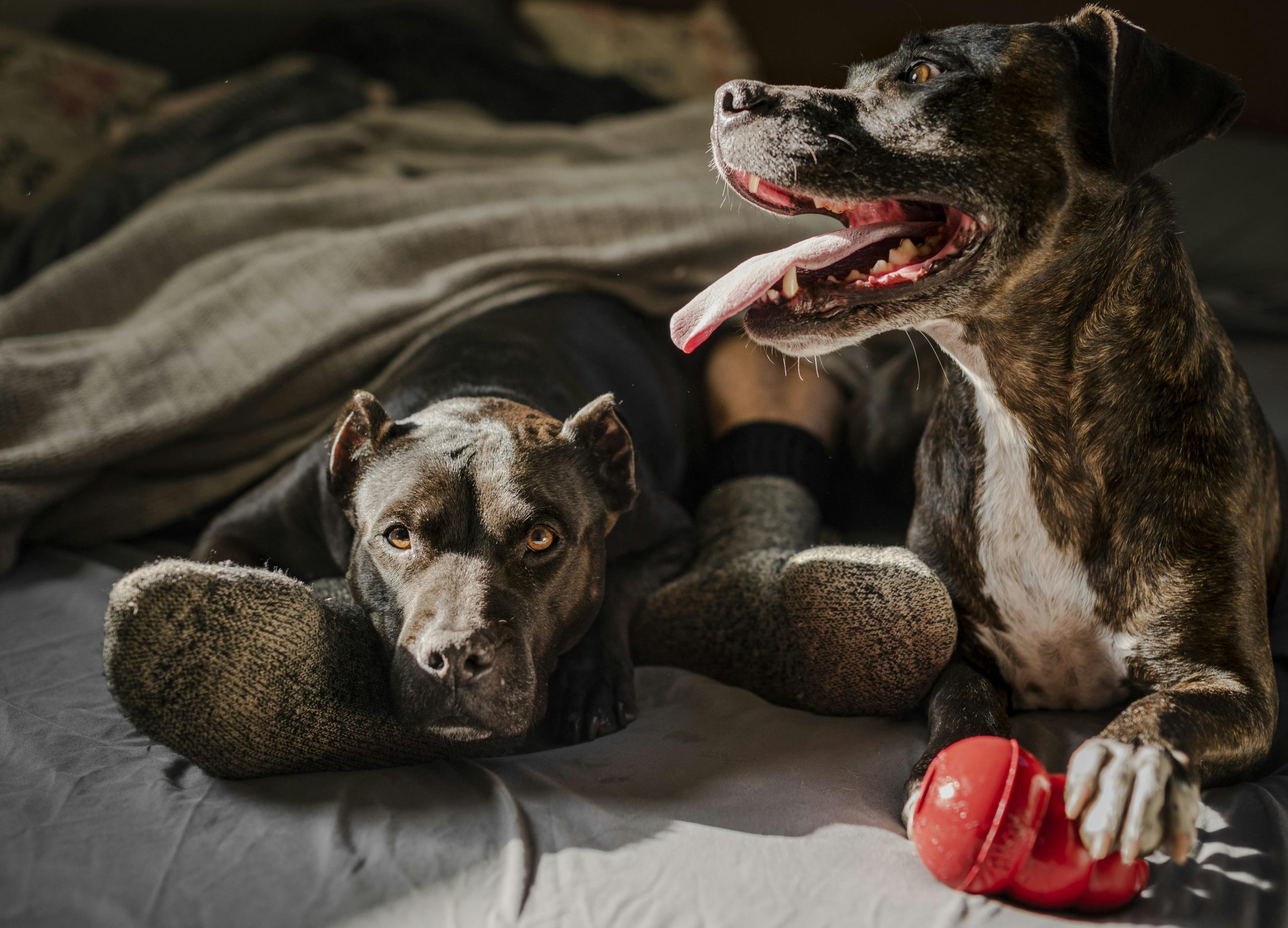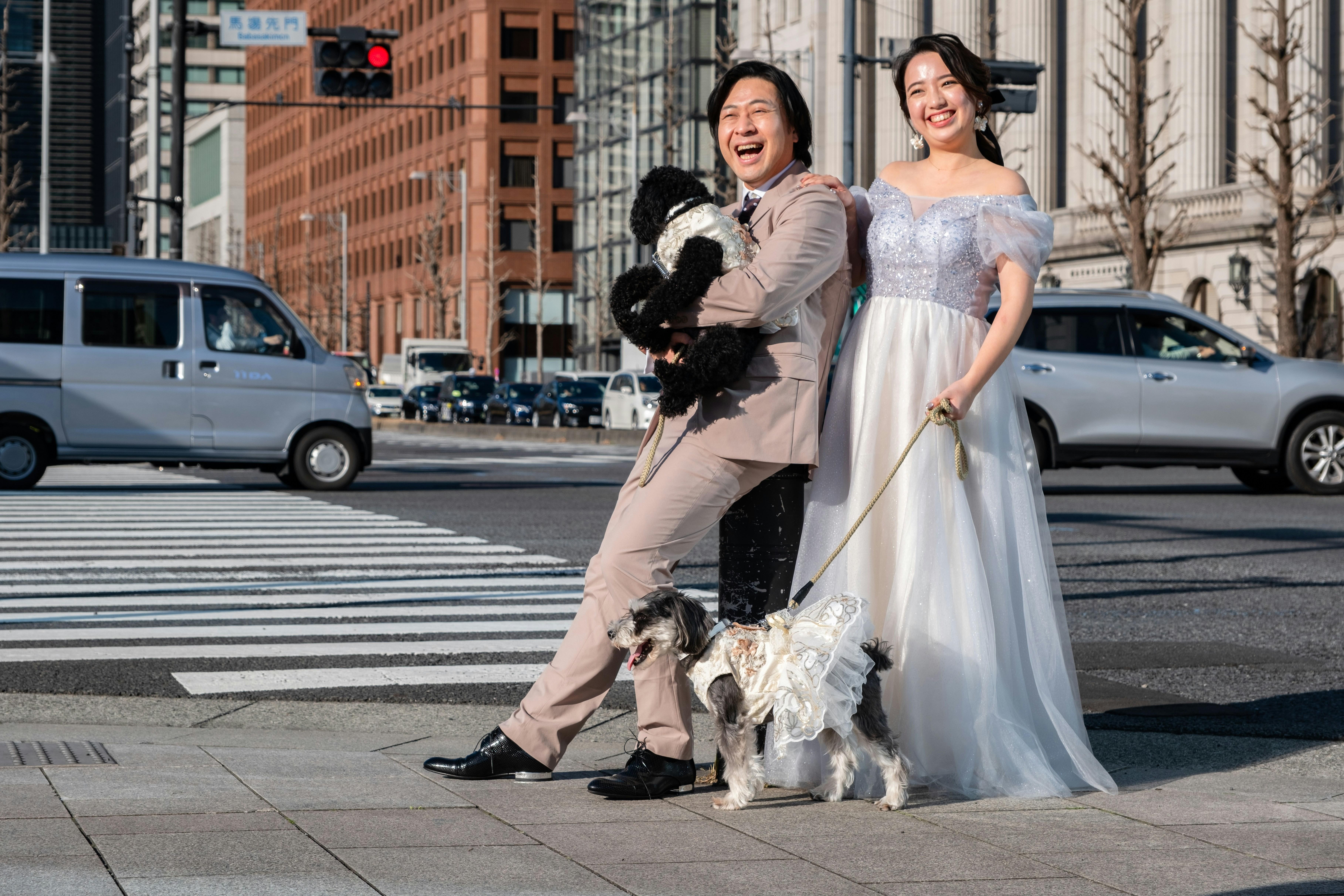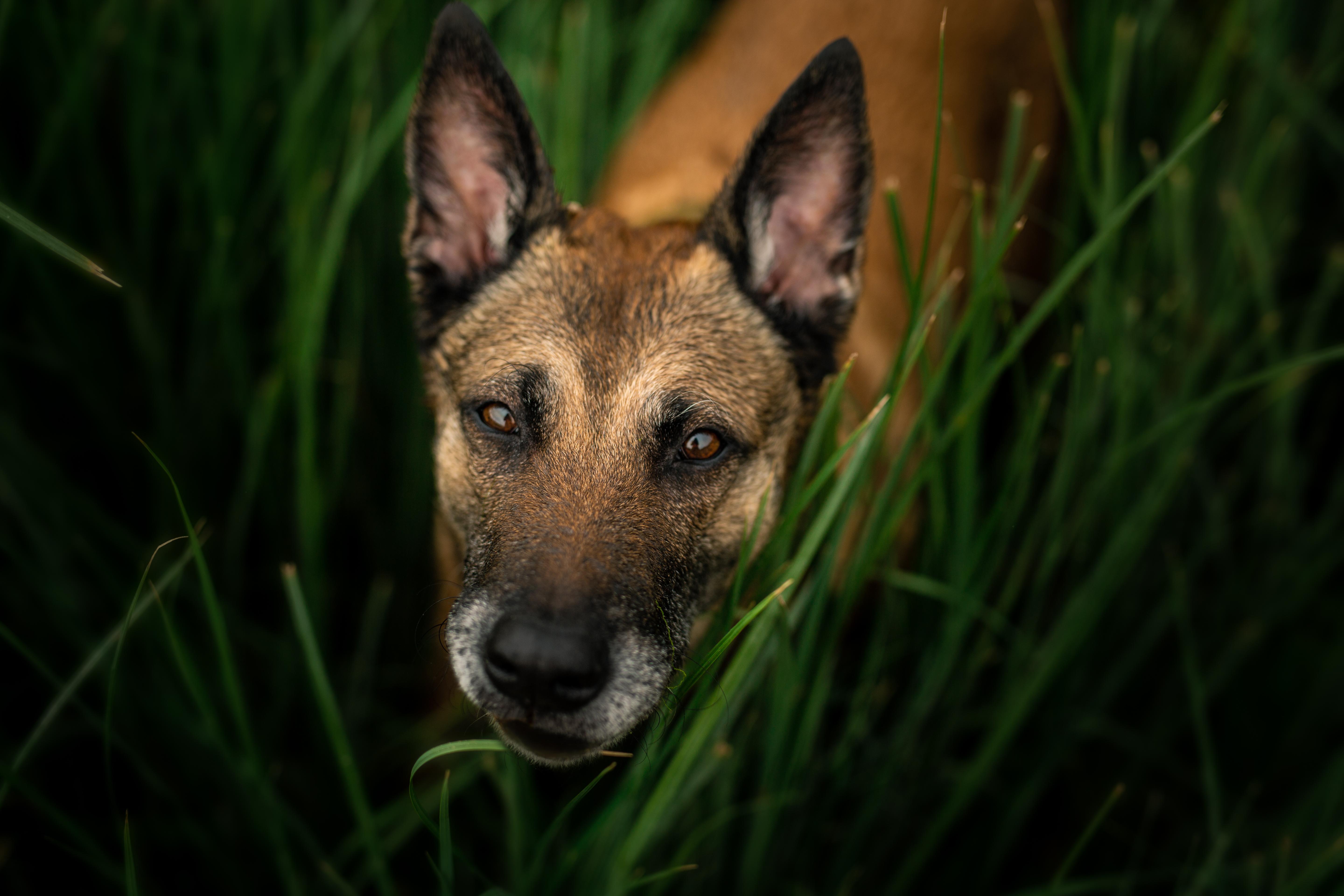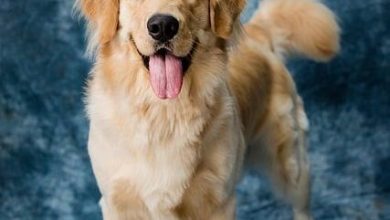Should Reactive Dogs Be Socialized or Avoid Other Dogs

When it comes to managing reactive dogs, one of the most common dilemmas faced by pet owners and trainers alike is whether these dogs should be socialized with other canines or kept away to prevent potential conflicts. Reactive dogs, characterized by heightened responses to stimuli such as other dogs, people, or unfamiliar environments, present unique challenges that require careful consideration and strategic planning. This article aims to explore the complexities surrounding the socialization of reactive dogs, weighing the benefits and drawbacks of each approach. By examining expert opinions, behavioral studies, and practical experiences, we seek to provide a balanced perspective to help dog owners make informed decisions tailored to their pet’s specific needs and circumstances.
Understanding Reactive Behavior in Dogs
When it comes to managing dogs with reactive tendencies, it’s essential to understand the underlying causes of their behavior. Reactivity in dogs often stems from fear, anxiety, or frustration, and can manifest as barking, lunging, or growling. Addressing these behaviors requires a tailored approach that considers the dog’s individual needs and triggers. The decision to socialize a reactive dog or avoid other dogs entirely should be based on careful observation and understanding of the dog’s comfort levels. Key considerations include:
- Identifying specific triggers that lead to reactive behavior.
- Implementing gradual desensitization techniques in controlled environments.
- Consulting with a professional dog trainer or behaviorist for personalized guidance.
Socialization does not necessarily mean exposing a reactive dog to numerous other dogs. Instead, it involves controlled and positive interactions that build confidence and reduce stress. Some reactive dogs may benefit from structured group classes, while others might thrive with one-on-one sessions or slow introductions. The goal is to create positive associations and ensure the dog feels safe and supported. By focusing on these strategies, owners can help their reactive dogs navigate social situations more comfortably.

Benefits and Risks of Socializing Reactive Dogs
Socializing reactive dogs comes with its own set of benefits and risks. On the positive side, socialization can help desensitize these dogs to stimuli that trigger their reactivity, potentially reducing their anxiety and improving their behavior over time. It can also enhance their overall quality of life by providing mental stimulation and opportunities for exercise, which can lead to a happier, more balanced pet. Additionally, successful socialization can improve the dog’s relationship with its owner, as it builds trust and communication.
However, there are risks involved in socializing reactive dogs. Poorly managed socialization can lead to increased stress for both the dog and its owner, and may even exacerbate the dog’s reactivity. There’s also the possibility of negative encounters with other dogs, which can reinforce reactive behaviors or lead to physical confrontations. To mitigate these risks, it’s essential to implement controlled and gradual exposure to social situations, often with the guidance of a professional trainer or behaviorist. This careful approach helps ensure that socialization efforts are both safe and beneficial.

Effective Strategies for Introducing Reactive Dogs to Others
When dealing with dogs that exhibit reactivity, a thoughtful approach is essential to ensure successful interactions. Here are some effective strategies to consider:
- Controlled Environment: Begin introductions in a calm and controlled setting. Avoid high-traffic areas where unexpected stimuli might trigger an overreaction.
- Gradual Exposure: Gradually expose the reactive dog to others by starting with a safe distance. Slowly decrease the distance over time as the dog becomes more comfortable.
- Positive Reinforcement: Use treats and praise to reward calm behavior. Reinforcing positive interactions helps build a more confident and less reactive dog.
Professional Guidance can also be invaluable. Consulting with a certified dog trainer or behaviorist can provide tailored strategies and ensure both safety and progress. Remember, patience and consistency are key to helping reactive dogs build positive social skills.

Professional Guidance and Support for Managing Reactivity
When it comes to managing a reactive dog, professional guidance can be invaluable. Certified dog trainers and behaviorists can provide personalized strategies tailored to your dog’s specific needs. These experts often employ techniques such as desensitization and counter-conditioning, which help to gradually reduce reactivity by altering your dog’s emotional response to triggers. They can also help you understand the underlying causes of your dog’s behavior, which may include fear, anxiety, or even excitement, and develop a comprehensive plan to address these issues effectively.
- Desensitization: Gradually exposing your dog to the trigger at a level they can handle, then slowly increasing the intensity.
- Counter-conditioning: Changing your dog’s negative response to a positive one by associating the trigger with something pleasant, like treats or praise.
- Body language education: Learning to read your dog’s signals can help prevent situations from escalating.
Moreover, professional support extends beyond training sessions. Many trainers offer ongoing support and resources, such as follow-up consultations and online forums, where you can share experiences and seek advice from other dog owners facing similar challenges. Engaging with professionals not only helps in managing your dog’s reactivity but also provides you with the confidence and skills needed to handle encounters with other dogs, whether you choose to socialize or avoid them.



